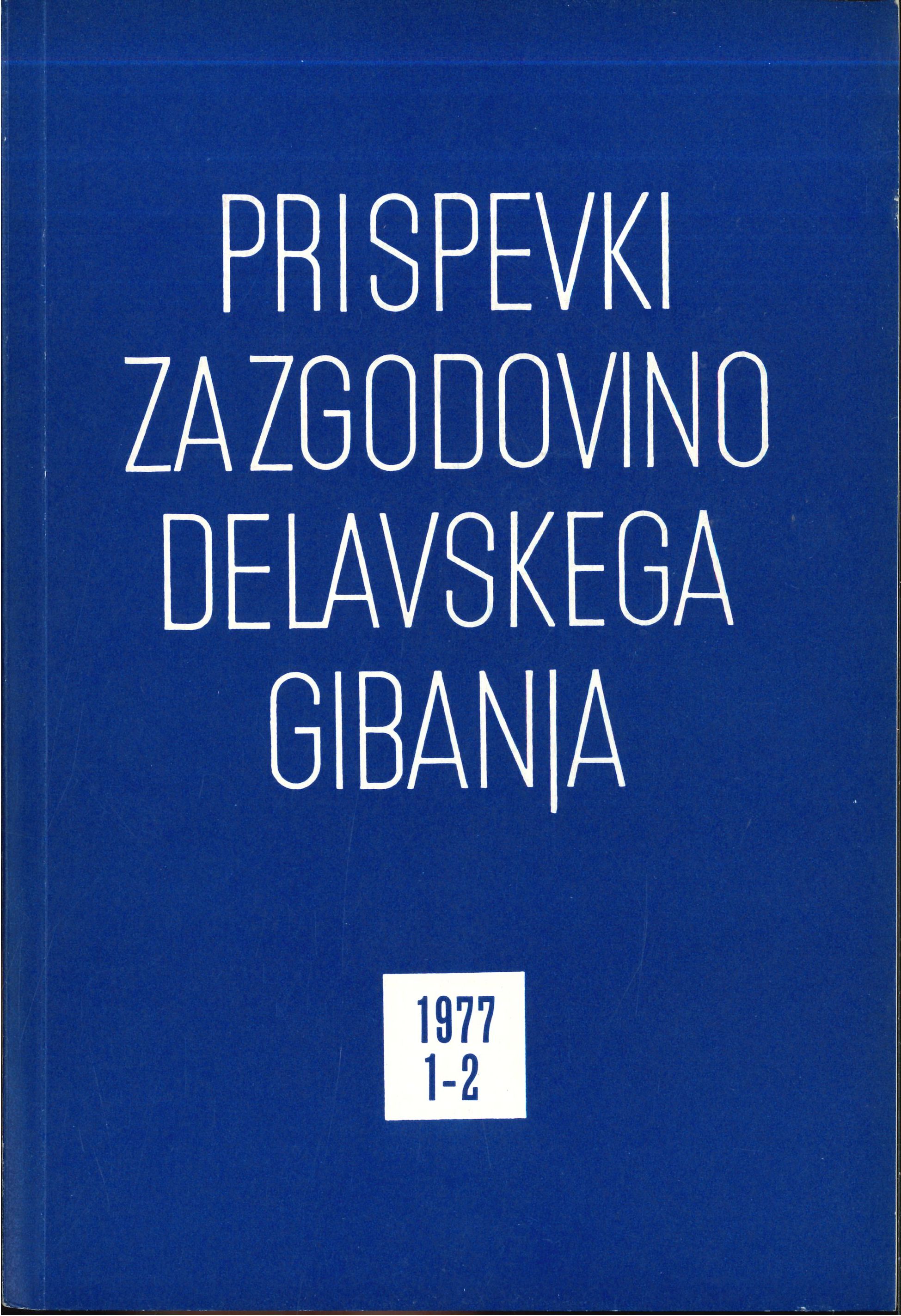Trieste in Slovene Political Thought until the First World War
Keywords:
Trst, tržaško zaledje, nacionalno vprašanje, socialni demokrati, Avstro-OgrskaAbstract
The general historical problem of the relations between the city and the surrounding provinces has, in the case of Trieste, additionally been a national problem of the relations of an Italian town towards its Slovene surroundings and hinterland In Italy, where no ethnic differences existed between towns and their surroundings prevailed the tradition that the provinces should follow the centre of civilization i. e' the city. It was just the other way round with Slovenes. Cities — enclaves should follow the ethnic character of the surrounding provinces. The problem was aggravated by the fact that, towards the end of the period discussed. Trieste came to be regarded, not only by Tuma and the social democrats, as the gravitational centre of the Slovene national development. The author argues the opinion that, in their political activity, Slovenes in this big port had enjoyed the support or the sympathies of the Vienna court, for it hat been planned that, in the event of war between Austria-Hungary and Italy, not only some Italians but also Slovenes be arrested.
Downloads
Published
Issue
Section
License
Authors who publish with this journal agree to the following terms:
- Authors retain copyright and grant the journal right of first publication with the work simultaneously licensed under a Creative Commons Attribution License that allows others to share the work with an acknowledgement of the work's authorship and initial publication in this journal.
- Authors are able to enter into separate, additional contractual arrangements for the non-exclusive distribution of the journal's published version of the work (e.g., post it to an institutional repository or publish it in a book), with an acknowledgement of its initial publication in this journal.
- Authors are permitted and encouraged to post their work online (e.g., in institutional repositories or on their website) prior to and during the submission process, as it can lead to productive exchanges, as well as earlier and greater citation of published work (See The Effect of Open Access).


